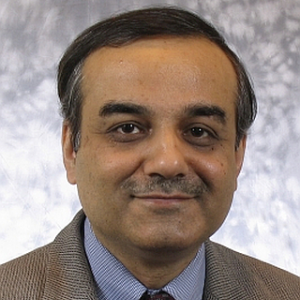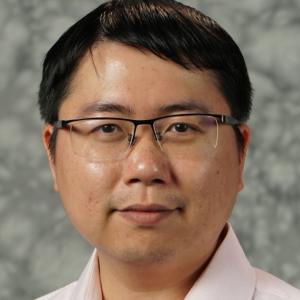Asif Khan

Asif Khan
Assistant Professor, School of Electrical and Computer Engineering and School of Materials Science and Engineering
IMat Initiative Lead | C.H.I.P.S. Initiative - Electronic and Ferroic Materials
Asif Khan is an Assistant Professor in the School of Electrical and Computer Engineering with a courtesy appointment in the School of Materials Science and Engineering at the Georgia Institute of Technology. Khan’s research focuses on microelectronic devices, specifically on ferroelectric devices that address the challenges faced by the semiconductor industry due to the end of transistor miniaturization. His research group at Georgia Tech focuses on all aspects of ferroelectricity ranging from materials physics, growth, and electron microscopy to micro-/nano-fabrication of electronic devices, all the way to ferroelectric circuits and systems for artificial intelligence, machine learning, and data-centric applications.
Office Location:
Pettit 212
- Miniaturization & Integration
VLSI Systems and Digital Design; Microelectronics/Microsystems
IRI Connections:









